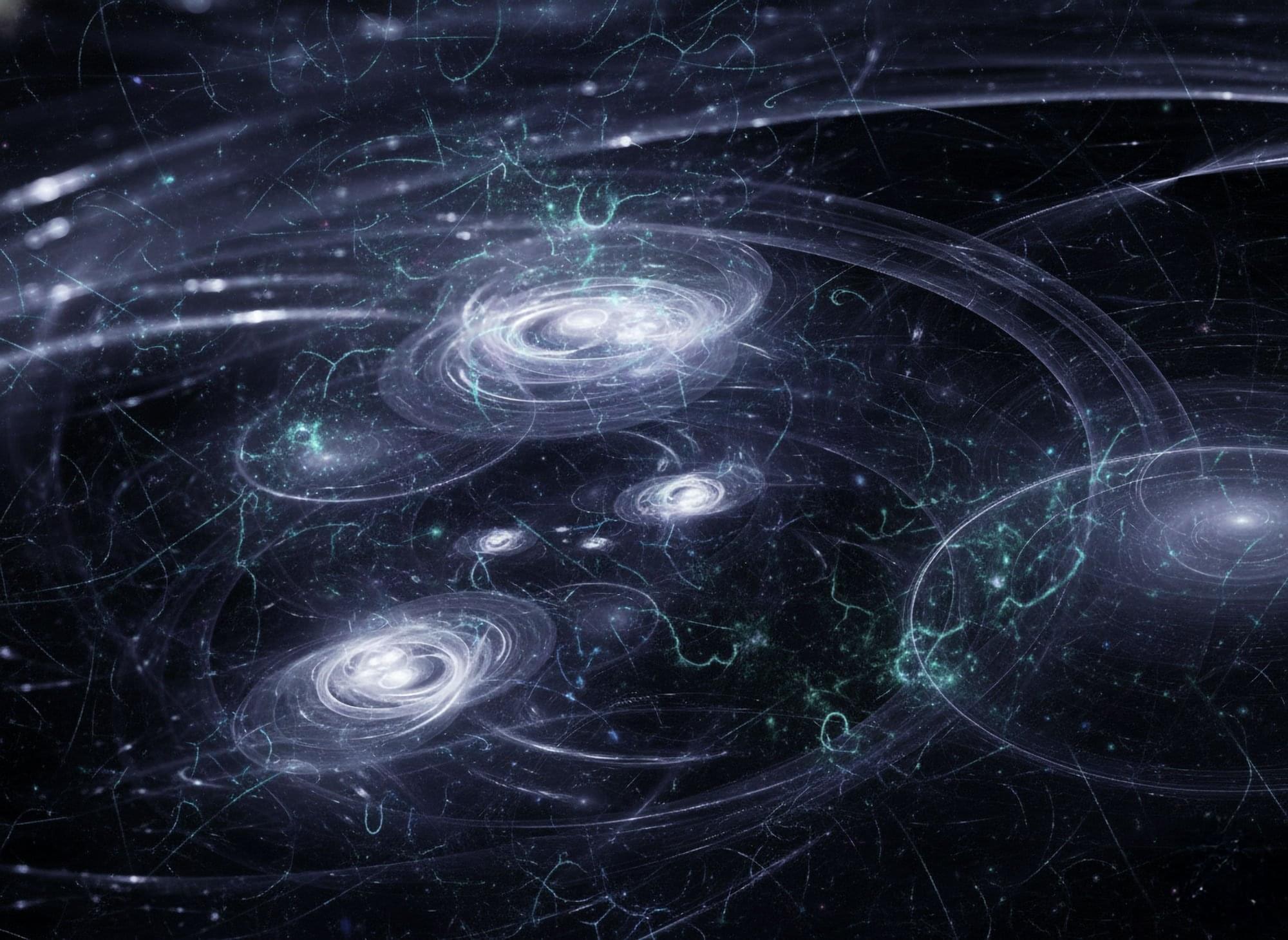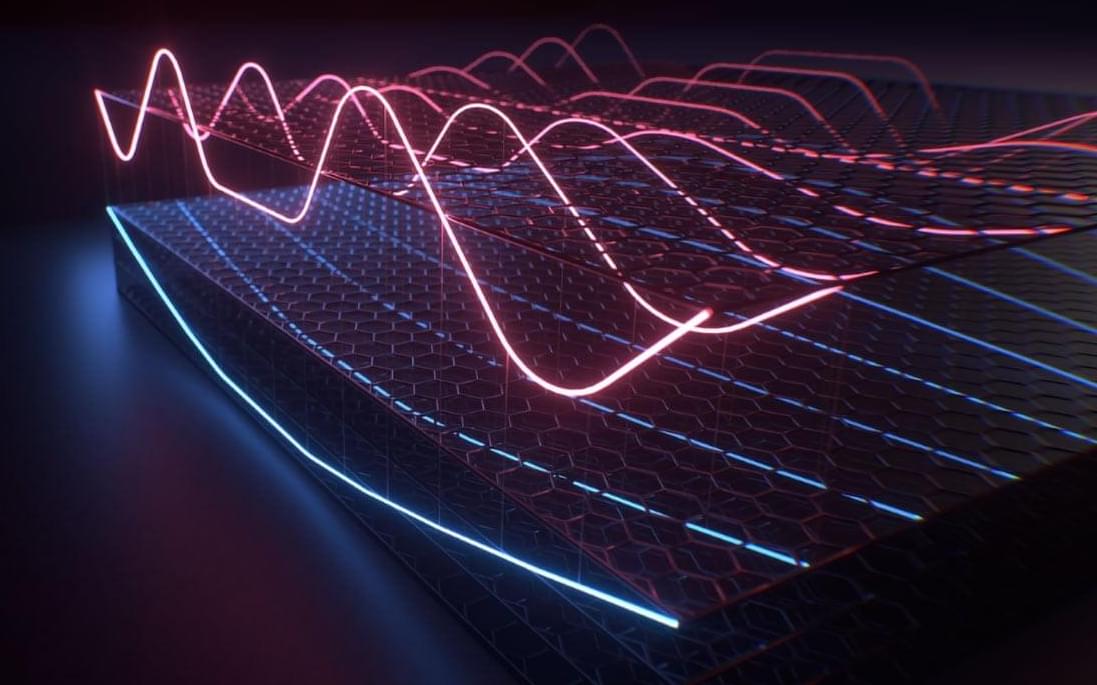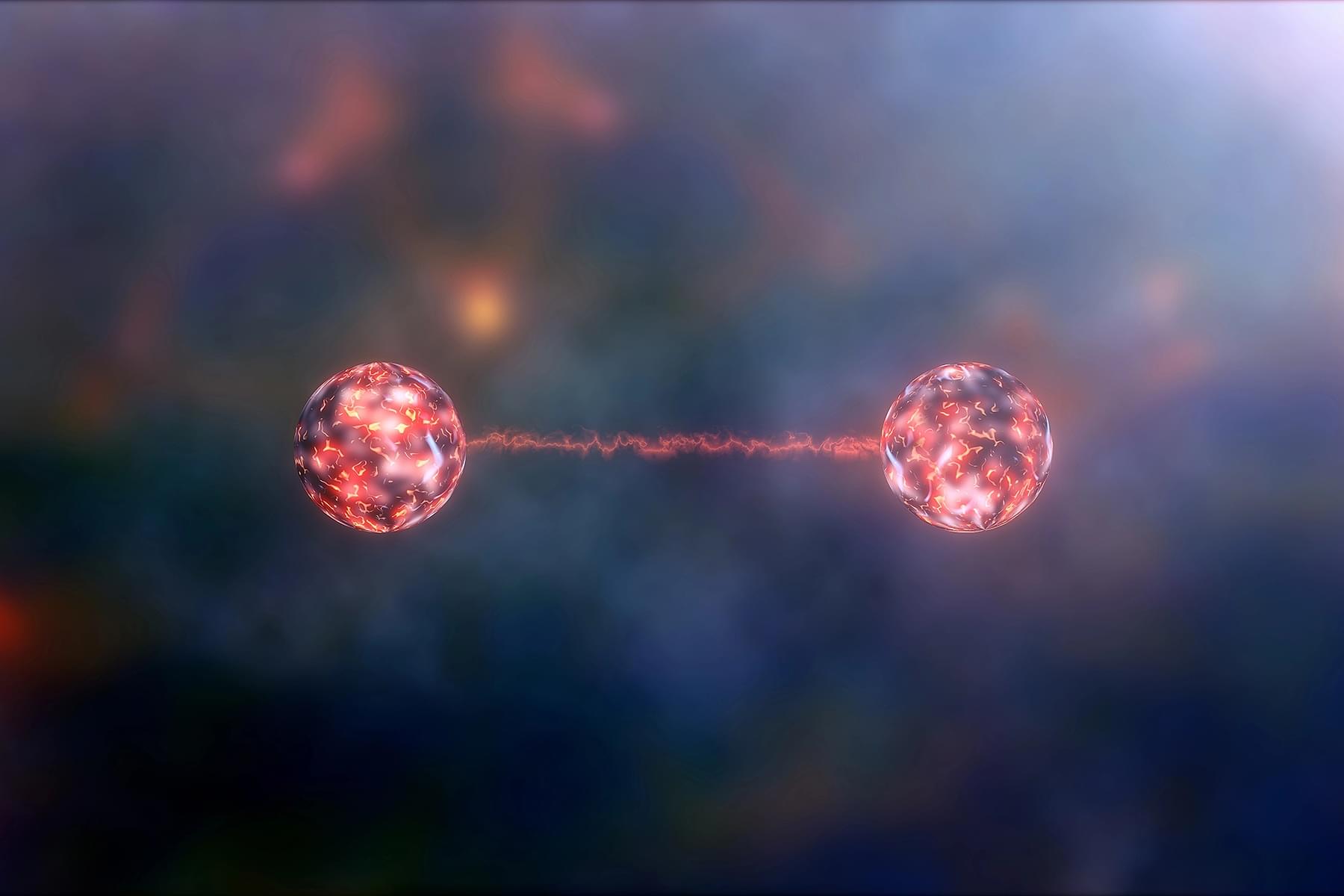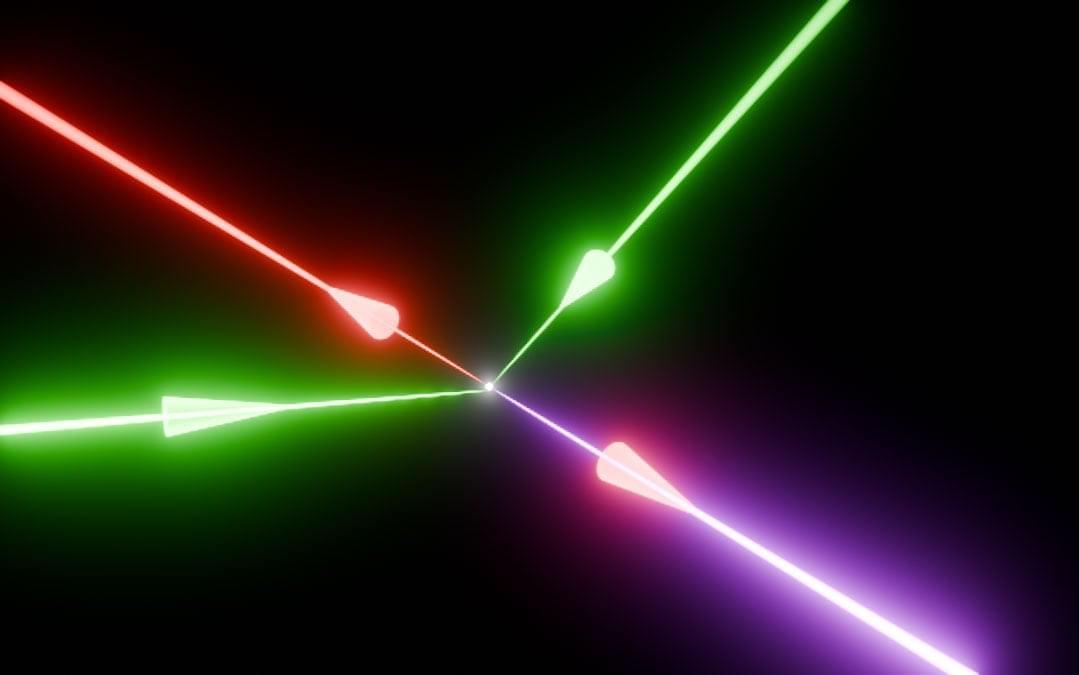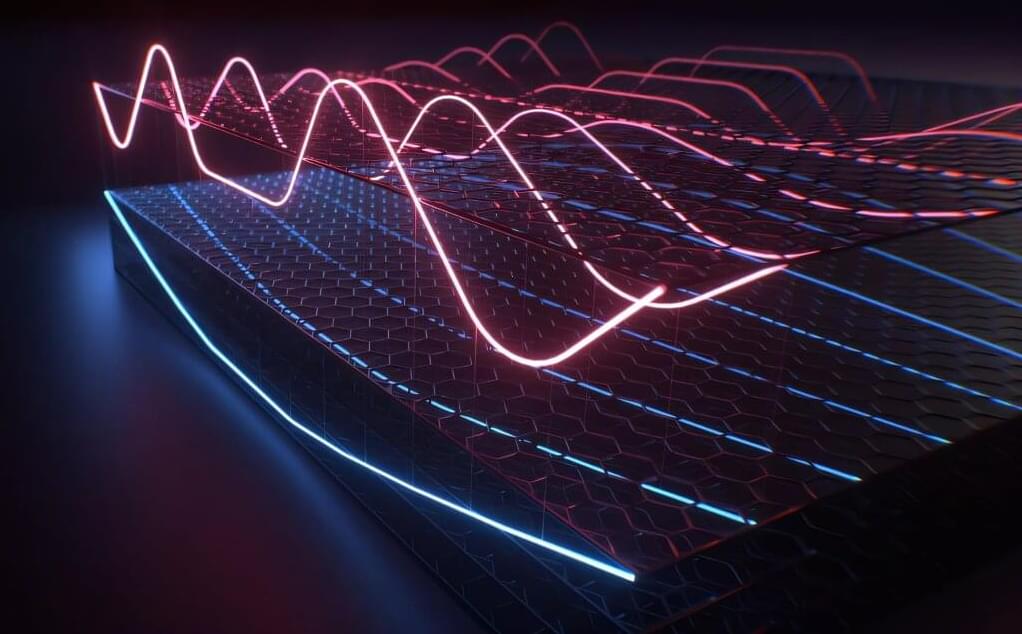Quantum researchers in the twenty-first century are part of an international network that requires a great deal of interaction and communication. Around one hundred publications on the topic are produced every day, often by authors who work in close collaboration with one another. New developments and discoveries are quickly integrated into the field, usually within a matter of just a few weeks. Researchers immediately proceed to build on these findings with innovative ideas. That is what the day-to-day life in the field of quantum theory looks like as it celebrates the one-hundredth anniversary of the initial development of quantum mechanics.
In honor of this milestone, UNESCO has declared 2025 the International Year of Quantum Science and Technology. One of the latest discoveries in this special year comes from an international research group led by quantum physicist Jens Eisert, professor at Freie Universität Berlin. The group’s surprising findings have made a significant contribution to scientists’ understanding of quantum entanglement.
Their study, “Entanglement Theory with Limited Computational Resources,” was recently published in the journal Nature Physics. The article shows that, in practice, the established method used to measure correlations in quantum mechanics might not function exactly as was previously assumed.

